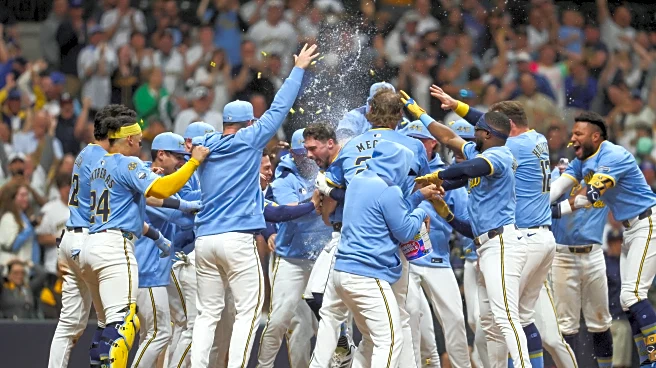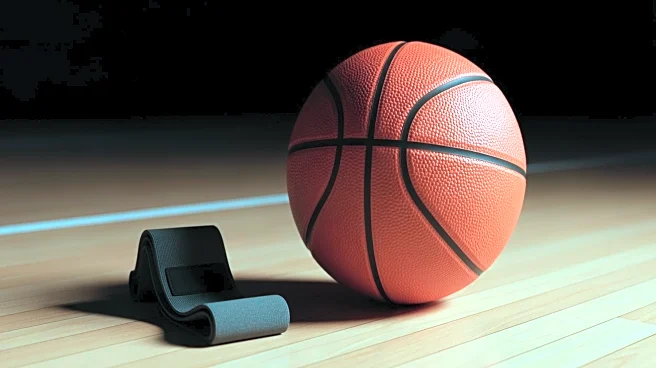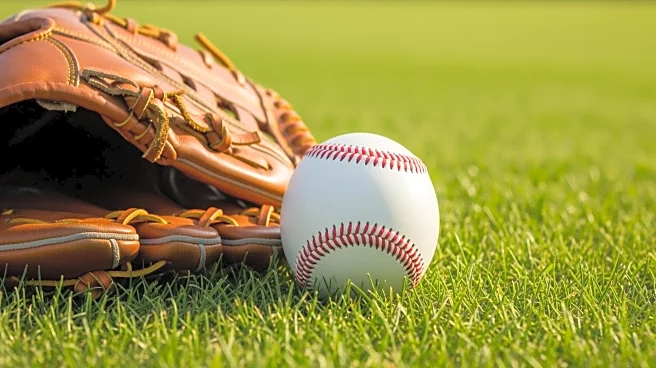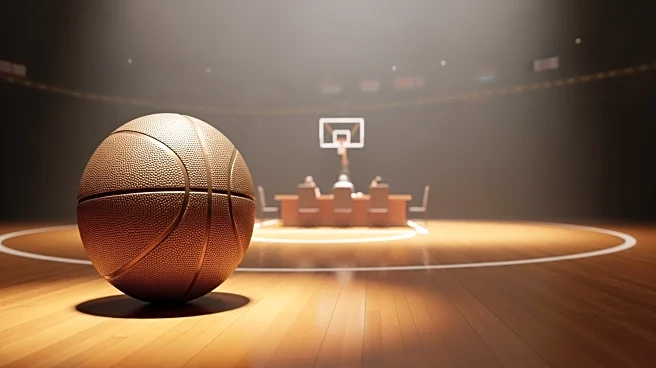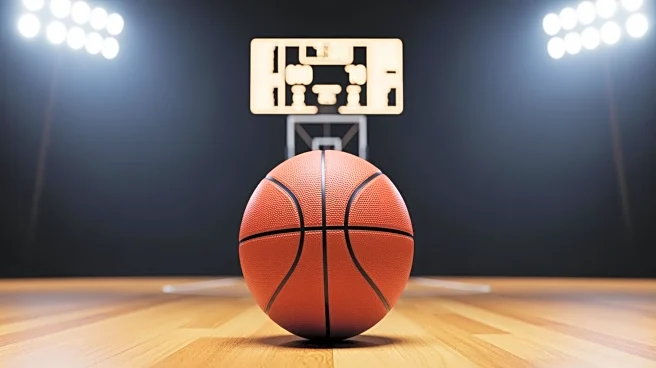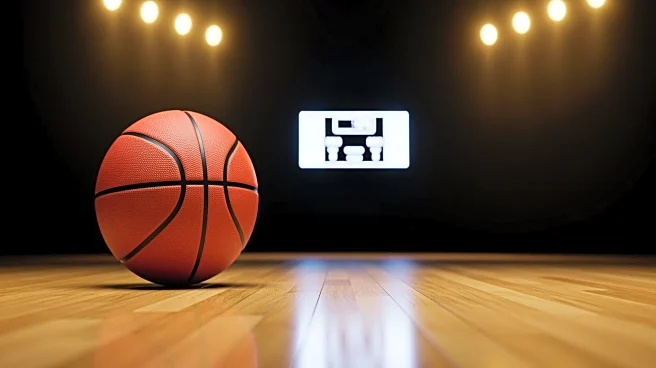The 2025 regular season is over. Today, Wild Card rounds start, and by Saturday, the Brewers will be playing in the National League Division Series. Milwaukee limped, somewhat, into the postseason; they went just 12-11 in September and finished the season by losing six of their last nine games.
It wasn’t necessarily that the Brewers lost those games that bothered some fans—with a comfortable lead in the National League Central, which they officially won with a week left in a season, no one expected
them to keep their foot all the way down on the gas. (Though it wasn’t as if they were playing for nothing: the Brewers did not clinch the top seed in the National League until the second-to-last day of the season.) Instead, it was how the Brewers lost those games. They looked tired. The bats went quiet (Milwaukee didn’t score more than five runs in any of their last ten games, a stretch in which they averaged just 2.6 runs per game). The pitching staff was banged up. A group that offered enormous depth for most of the season was suddenly shorthanded.
I’m not here to tell you that the Brewers will be fine in the postseason. I’m not here to be a doomsayer, either. I think it’s entirely possible that the injury bug hit the Brewers’ pitching staff at the exact wrong time, and the young players that the team relies on pushed a little too hard in the dog days of summer and peaked too early. I think it’s equally possible that a week off rejuvenates the lineup’s strength and allows the pitching staff to reset and this team comes out with the same fire that led to multiple double-digit winning streaks this season, not to mention the league’s best record.
The league’s best record! It is the second time in the history of the franchise that they’ve finished with the league’s best record; they did so in 1982, when at 95-67 they were one game ahead of their division rivals, the Baltimore Orioles, and at least two games ahead of everybody else. It is the most wins and the best winning percentage in the history of the team. Their lackluster final week meant that they fell just behind that 1982 team in run differential per game, but it is still comfortably the second-best run differential in team history (plus-1.06 runs per game, just behind the 1.07 mark in 1982).
This was an incredible season. While we wait and see with a mixture of excitement and fear whether this team, unlike several iterations before it, can turn regular-season success into a meaningful postseason run, I want to say, without irony, that we will always have this season. Obviously it will be a better team to remember if the Brewers cap it with their first World Series win, or a second appearance. But I can be a worrier too, and I am fearful of the potential disaster that could befall the Brewers in a Division Series matchup with the Cubs. Milwaukee may just not have the postseason experience and/or payroll to match up with the Phillies or Dodgers in a potential Championship Series matchup. The Padres or yes, even the Reds, could pull a 2023 Diamondbacks, get hot, and stun the field.
But I want to repeat, with the full understanding of the easy mockery that could follow: we will always have this season. We will always have Isaac Collins, coming out of nowhere to become, for a time, this team’s most reliable offensive player. We’ll have Christian Yelich, managing 29 homers and 103 RBI as a 33-year-old who hadn’t put up those kind of numbers in six years. We’ll have Quinn Priester leading the Brewers to victory in 19 straight games in which he pitched, with a record 12 straight winning decisions during that stretch. We’ll have Jackson Chourio, the youngest back-to-back 20/20 player in the history of the league.
We will have Freddy Peralta leading the league in victories, starting 33 games, and having a season worthy of Cy Young candidacy. We’ll have Abner Uribe, Trevor Megill, and Jared Koenig locking down the back end of games. We’ll have Brice Turang miraculously unlocking a buried power stroke, leading to National League Player of the Month honors. We’ll have Sal Frelick putting together some of the peskiest at-bats in the league, and Andrew Vaughn, awakened from the dead to stabilize a position which the Brewers have struggled with ever since Prince Fielder retired. There’s William Contreras, in a down season in which he played through injury, still managing to produce as a top-five catcher. There are Caleb Durbin and Andruw Monasterio walk-offs and Blake Perkins robberies. Jacob Misiorowski throwing six perfect innings in his second start. Brandon Woodruff making a triumphant, effective return.
We have 11 straight victories in July, then 14 straight a month later. We have free burgers!
All of these things happened, and whether they’re the preamble to a triumphant journey or the fun parts of a season that we’ll eventually remember fondly once disappointment has subsided, they all happened. This was a group that lacked high-end star power—aside from Vaughn, who played only 64 games as a Brewer, not one player on the team had an OPS above .795—but put together a whole roster of solid, reliable players who became that old cliché, a sum greater than their parts, the greatest regular-season team in franchise history.
No matter what happens, the next few weeks will be stressful and difficult and exhilarating and, with any luck, wonderful. But, at the risk of coming off as overly sentimental and with the expectation that many of you will not have the same feelings that I do and are tired of good regular seasons that end in disappointment, I’m just going to say that this season was a blast, a daily escape from a troubled world, and I will think back fondly on it whether it ends with a trophy or two or not.
But yes, let’s get some of that Uecker Magic going, huh?
